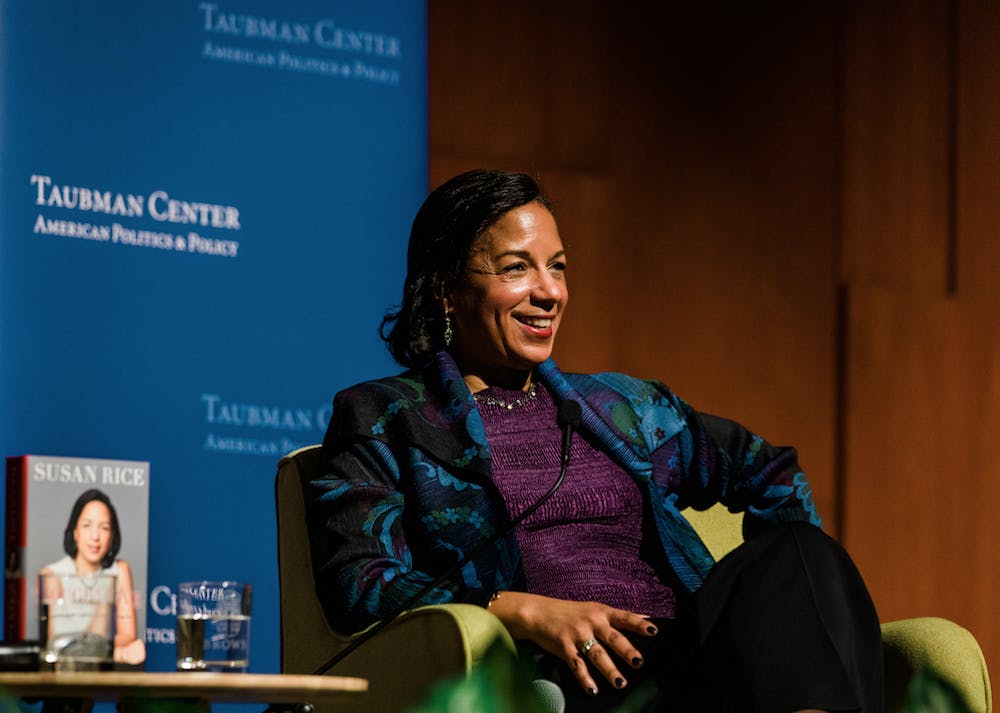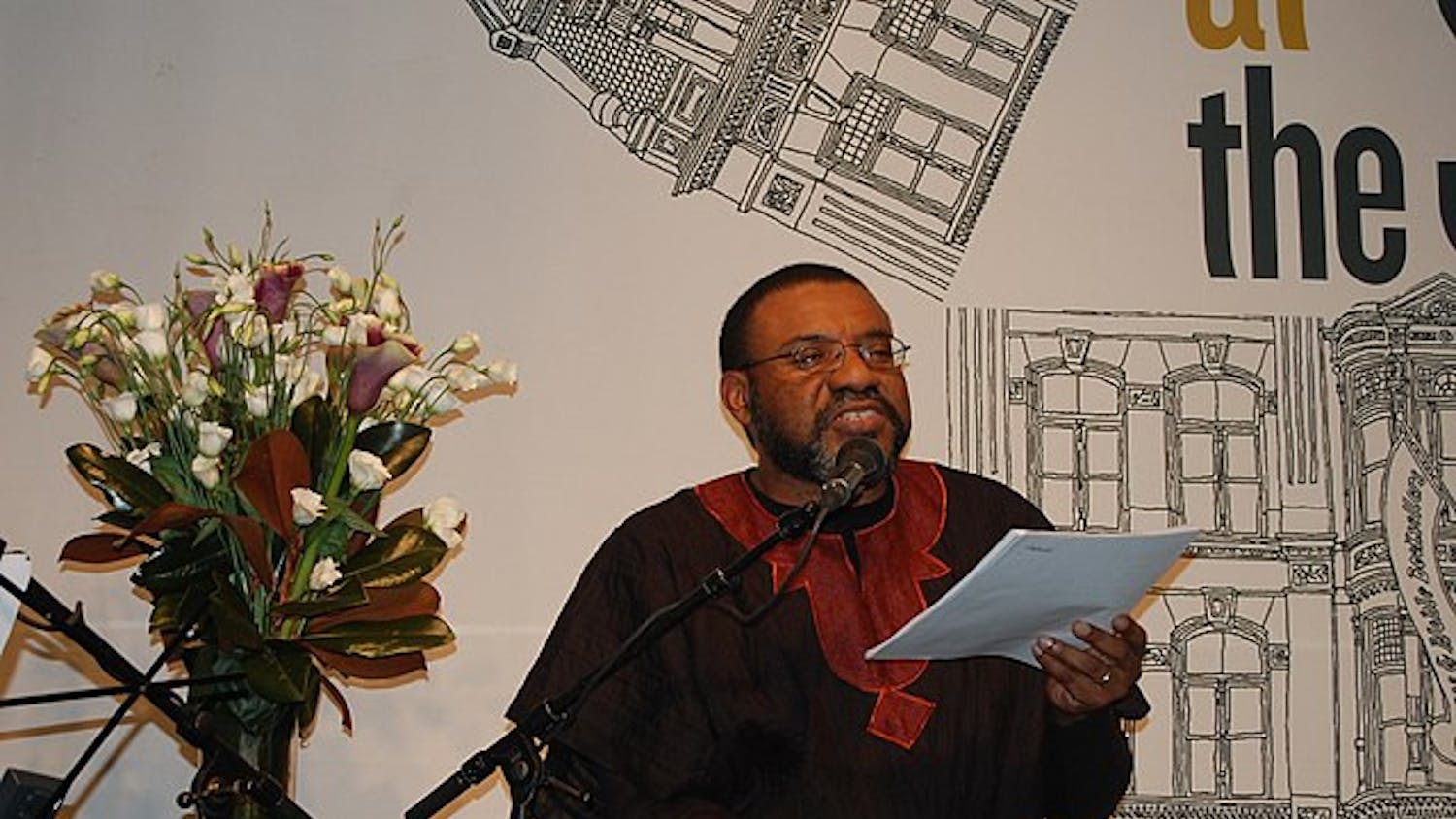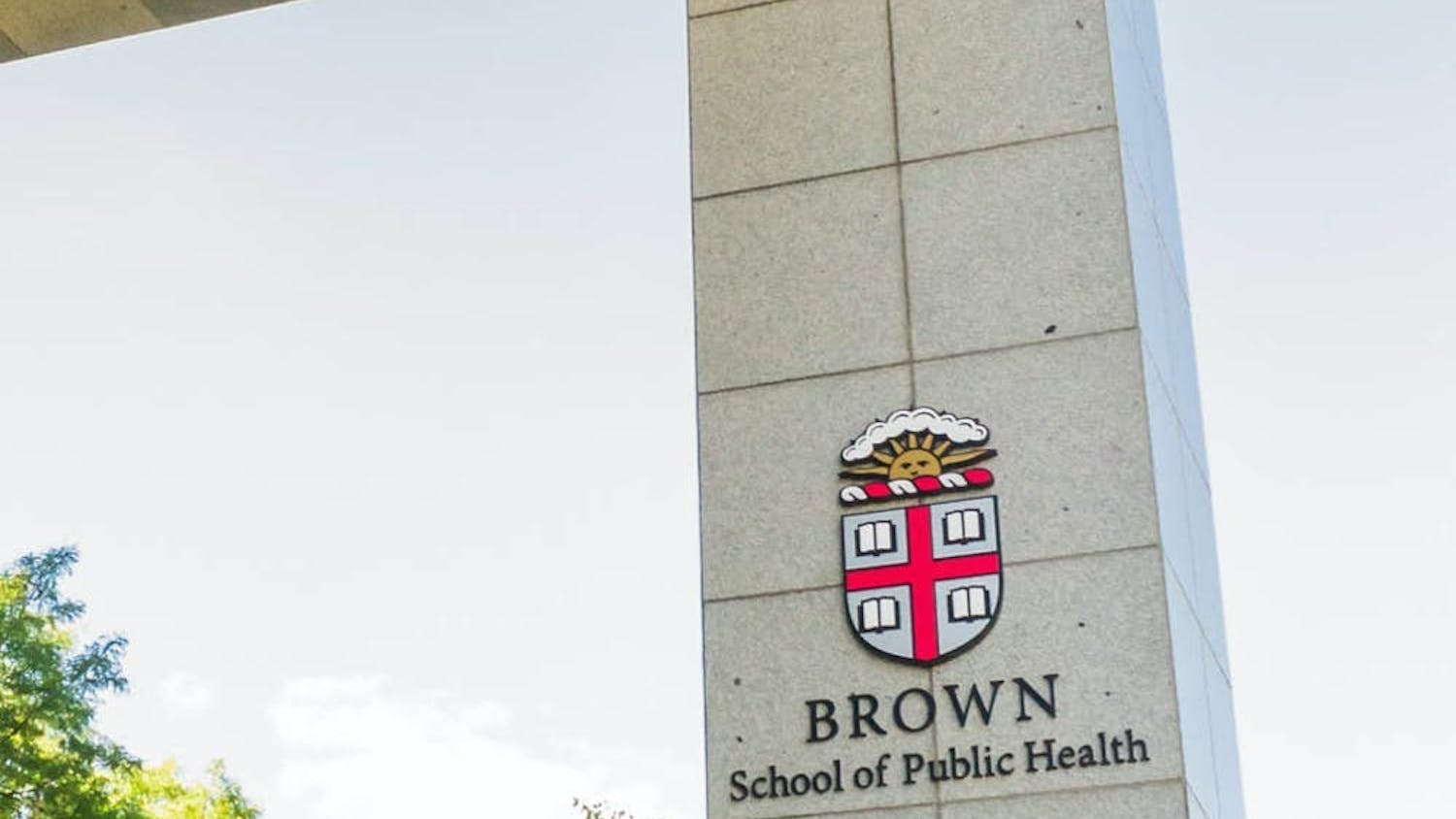When Susan Rice set out to write a memoir about lessons she learned from a career in public service, “Tough Love” was not the first title that came to mind. But after considering the intersections between her personal and political journeys and discussing potential titles over dinner with a friend who was a poet, the name came naturally.
Tough love means “loving fiercely but not uncritically,” Rice said at the Governor Frank Licht ’38 Lecture Wednesday night, a value which she embodies both as a mother and as a public servant. “I love this country deeply, passionately, but we’re imperfect and we can do better. We must do better.” The title of her lecture, “Tough Love: My Story of the Things Worth Fighting For,” reflects the final title of her memoir.
Rice served as the National Security Advisor under President Barack Obama, served on the staff of the National Security Council and as the Assistant Secretary of State for African Affairs under President Bill Clinton. But Rice’s path to public service is deeply rooted in her family history, she emphasized.
In 1912, her mother’s family immigrated from Jamaica to Portland, Maine with the hopes of maximizing educational opportunities for their five children. While her mother ultimately attended Radcliffe College — the all-female coordinated college affiliated with Harvard before it began accepting women — she was denied scholarship money on account of her race. Ever since then, her mother developed a passion for “broadening access to higher education for low-income people,” Rice said. After she passed away in 2017, Rice’s mother was “eulogized as the ‘mother of the Pell Grant,’” a program which she greatly helped to create and maintain during her career.
Rice’s commitment to education came from both her mother and her father, whose family founded the Bordentown School in New Jersey, an institution which “educated generations of African Americans in vocational and college preparatory skills,” she said.
To be self-critical and to be able to acknowledge one’s mistakes is crucial in a career in public service, Rice said. When she first became Assistant Secretary of State for African Affairs, she was 32 years old and a new mother of a three-month-old son. The majority of those who reported to her were 20 or 30 years older,Rice said, and were “mostly white, mostly male and not sure quite what to make of me.”
Bearing the burden of proving herself in an environment “where the presumption … of most was that I didn’t belong,” Rice learned, through success and failure, how to lead effectively. “I was blessed to have colleagues who gave me the kind of tough love that enabled me not to fail,” Rice said. “Fear of failure leads to complacency,” which is a form of failure in itself, she added.
Rice highlighted noteworthy successes from her time serving in the Obama Administration, such as significantly reducing the spread of the Ebola epidemic by offering American resources, entering the Paris Climate Agreement and solidifying a nuclear deal with Iran — many of which have been undone by President Trump’s administration, she said.
In Rice’s view, she said during her talk Wednesday, the precedent of thoughtful, collaborative diplomacy in U.S. government has been dangerously dismantled by the current presidential administration. As a result, our international adversaries have begun to exploit divisions within our country — on issues such as race, immigration, gun control and gay rights — to “exacerbate fault lines” and weaken the U.S. politically, “causing us to disintegrate from within, and never having to fire a bullet to do it,” she said.
But despite current political divisions, Rice remains optimistic about the country’s ability to emerge stronger from hardship. “We’ve been through so much more,” she said, alluding to historical events such as the Civil War, the Vietnam War and the McCarthy Era. “We’ve come through each of these periods arguably stronger and certainly unitary.”
Rice understands firsthand the power of respectful, political disagreement — her son, John David Rice-Cameron, is currently the head of the Stanford Republicans. “Fundamentally, we all agree that what we have in common as a family — our love, our history, our ambitions, all that we share — far outweigh our political and policy differences,” she said.
Rice said that she would consider running for office in some capacity in the future, but is also interested in a career in either the nonprofit world or private sector. Speaking to the students in the audience, Rice emphasized that the rewards of public service greatly outweigh the challenges. “As many knives as I’ve had to pull out of my back, I would not trade the privilege I’ve had to serve my country.”
Elissa Koppel GS, who is currently pursuing a master’s in Public Affairs at the University, said that because she is studying national security, she found it extremely valuable to hear professionals, such as Rice, reflect on their own experience in the field.





